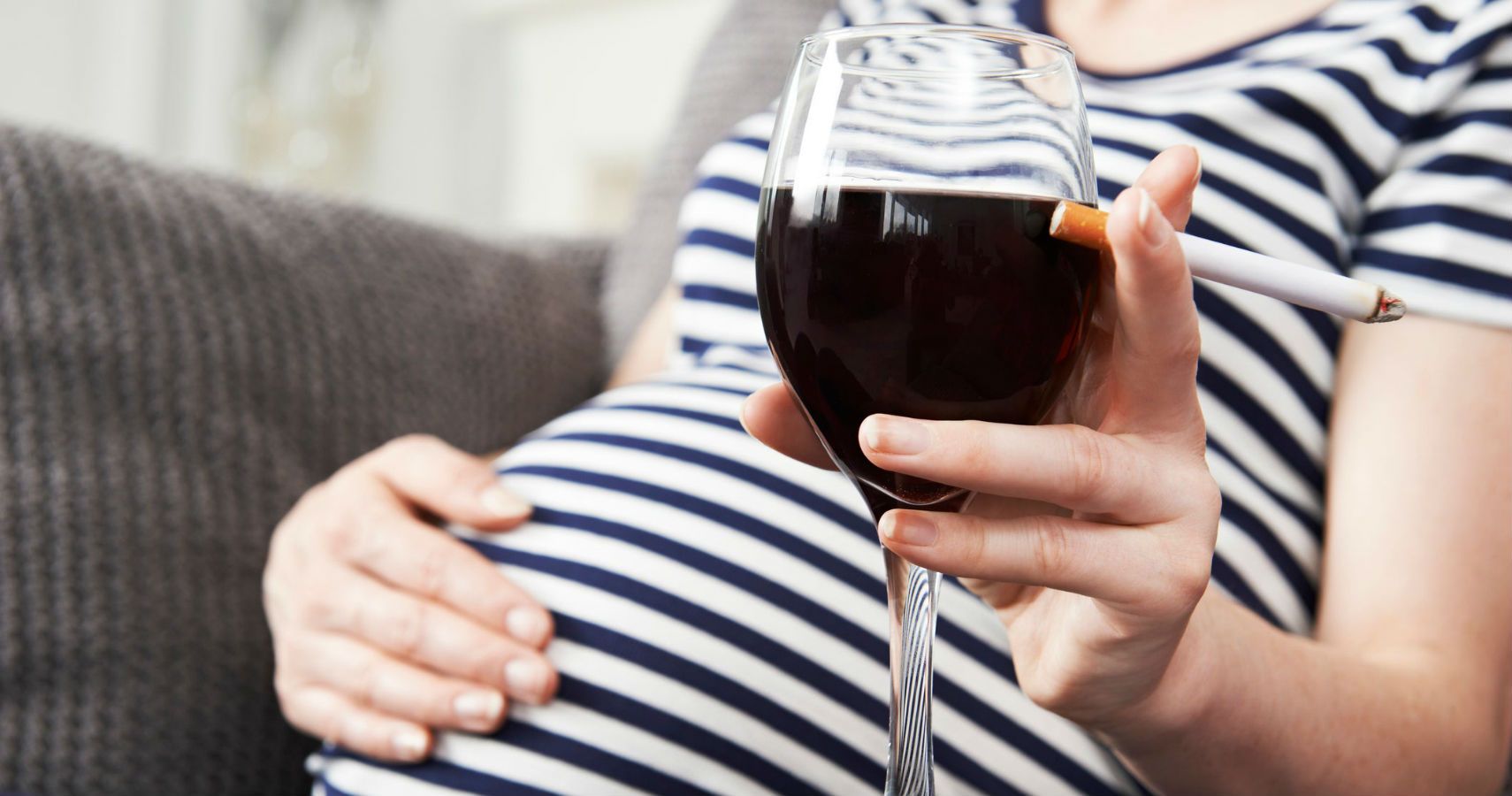For most women, falling pregnant means cutting out alcohol completely. In some cases, expectant moms even veto having coffee. However, a recent study has found that drinking during pregnancy may be more common than most of us think.
According to the Cleveland Clinic, the U.S. Centers for Disease Control and Prevention has found that 1 in 9 women consume alcohol while pregnant.
Authors of the study carefully examined data collected from pregnant women between the ages of 18 and 44, from 2015 and 2017. Despite the risks to the unborn baby's development, which has become common knowledge, 10% of the women surveyed admitted to using alcohol.
One third of these said they "binge-drank" on at least one occasion, consuming four or more drinks in one sitting. According to expert Ob/Gyn Salena Zanotti, no amount of alcohol is safe to consume in pregnancy, let alone on a binge-drinking level. Zanotti implores all of us, as a community, to look at the issue. Failing to recognize that pregnant drinking can be common is one of the reasons why it happens so frequently, says the doctor.
Researchers hope that the study will bring the subject to the forefront and help to educate people about the dangers of drinking during pregnancy. Fetal alcohol syndrome can have a huge impact on a developing baby's brain, in some cases going on to have life-long consequences.
Dr. Zanotti goes on to explain that alcohol isn't the only substance that parents should be concerned about. Although marijuana is becoming more widely accepted and legal in some states, it still has an impact on a baby.
While some expectant moms may think it's okay to have one or two drinks or even a joint, this isn't the case, stresses Zanotti. No level of alcohol or drugs is ever safe for a developing baby, she warns.
Around 40,000 newborns each year are born with Fetal Alcohol Syndrome. While signs might not show straight away, they can present themselves later. According to LiveScience, one drink per day increase in alcohol intake can raise the chances of FAS by 25%. Low birth weights, abnormally shaped lips and smaller than usual heads can all be part of the syndrome.

